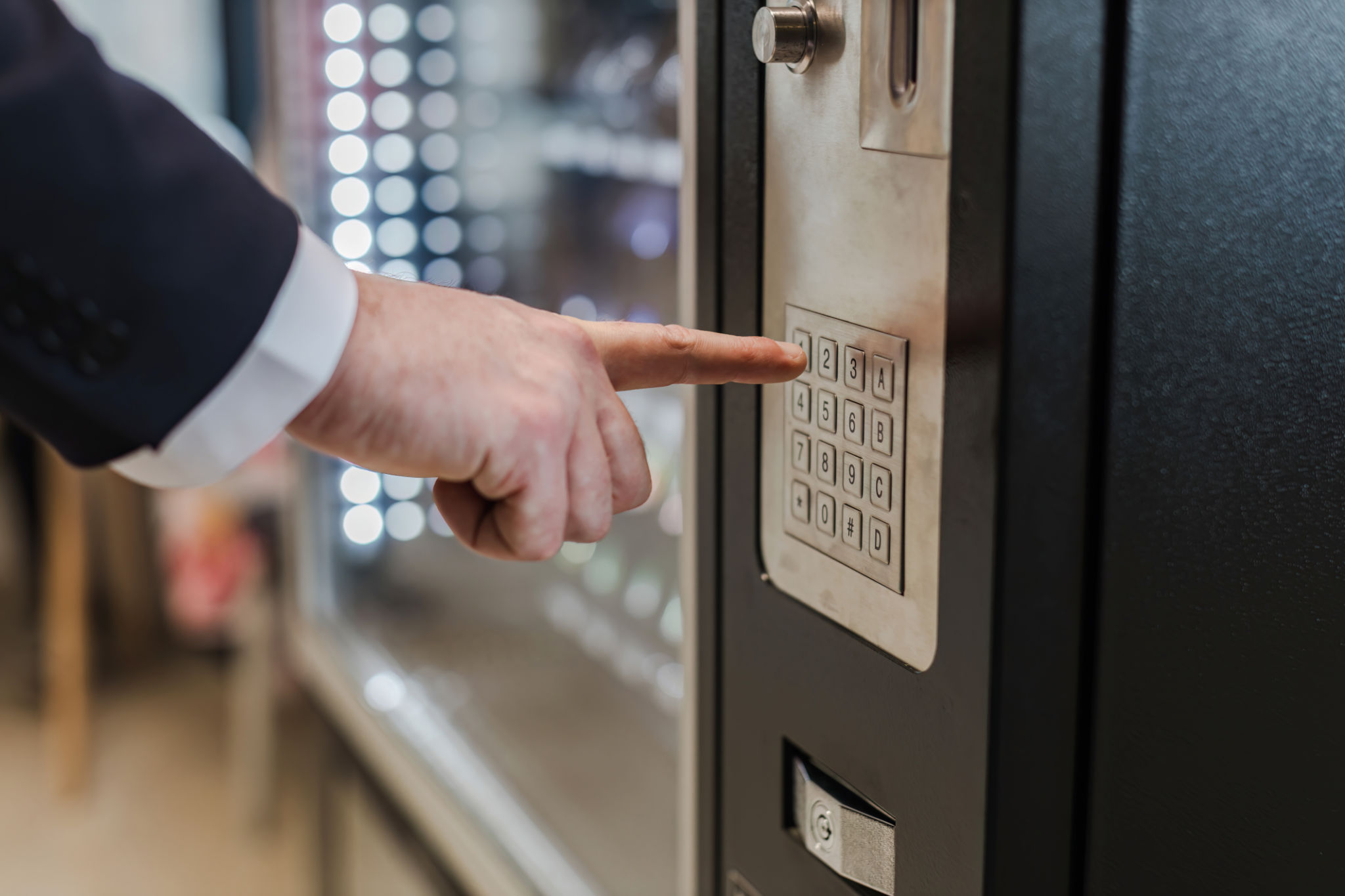The Impact of Local Regulations on Vending Services in Columbus
Understanding Local Regulations
Vending services in Columbus, like in many other cities, are subject to a range of local regulations that can significantly impact their operations. These rules are designed to ensure safety, maintain public order, and protect consumer rights. For vending machine operators, understanding and complying with these regulations is crucial to running a successful business.
Regulations can cover a variety of aspects including the location of vending machines, the type of products sold, and the maintenance of the machines. Local authorities in Columbus play a significant role in enforcing these rules, and non-compliance can result in hefty fines or even the removal of machines.

Licensing and Permits
One of the primary requirements for vending services in Columbus is obtaining the appropriate licenses and permits. Vendors must apply for a vending license through the city's regulatory body. This process often involves submitting detailed information about the type of vending service, the location of machines, and the types of products offered.
The licensing process can be rigorous and may require vendors to adhere to specific guidelines related to health and safety standards. This ensures that all vending machines meet the necessary criteria to operate within city limits. Failure to obtain the necessary permits can lead to penalties and disruptions in service.
Location Restrictions
Another critical aspect of local regulations involves location restrictions. In Columbus, vending machines cannot be placed just anywhere. The city has designated areas where vending is permissible, often based on zoning laws and public safety considerations. Vending operators need to be aware of these restrictions when planning their operations.

For example, vending machines may be prohibited from being installed near schools or in certain residential areas. These restrictions are put in place to control traffic flow and reduce congestion in high-traffic areas.
Product Regulations
In addition to location and licensing, there are also specific regulations regarding the products that can be sold through vending machines. The city of Columbus has guidelines to ensure that all products meet health and safety standards. This is particularly important for food and beverage items.
Vendors must ensure that all consumable goods are stored at appropriate temperatures and that machines are regularly stocked with fresh products. Compliance with these product regulations not only protects consumers but also enhances the reputation of vending operators.

Impact on Business Operations
The impact of these local regulations on vending services can be significant. While they ensure a level playing field and protect consumer interests, they also add an administrative burden to vending operators. Businesses must invest time and resources into understanding and adhering to these regulations.
For new vendors entering the market, navigating the regulatory landscape can be challenging. However, once these hurdles are overcome, operators can benefit from a well-regulated environment that promotes fair competition and consumer trust.
Conclusion
In conclusion, while local regulations can present challenges for vending services in Columbus, they also offer opportunities for businesses willing to comply with them. By understanding the requirements related to licensing, location, and product safety, vending operators can successfully navigate the regulatory environment.
Ultimately, adhering to these regulations not only helps avoid legal issues but also enhances customer satisfaction by ensuring reliable and safe vending experiences throughout the city.
